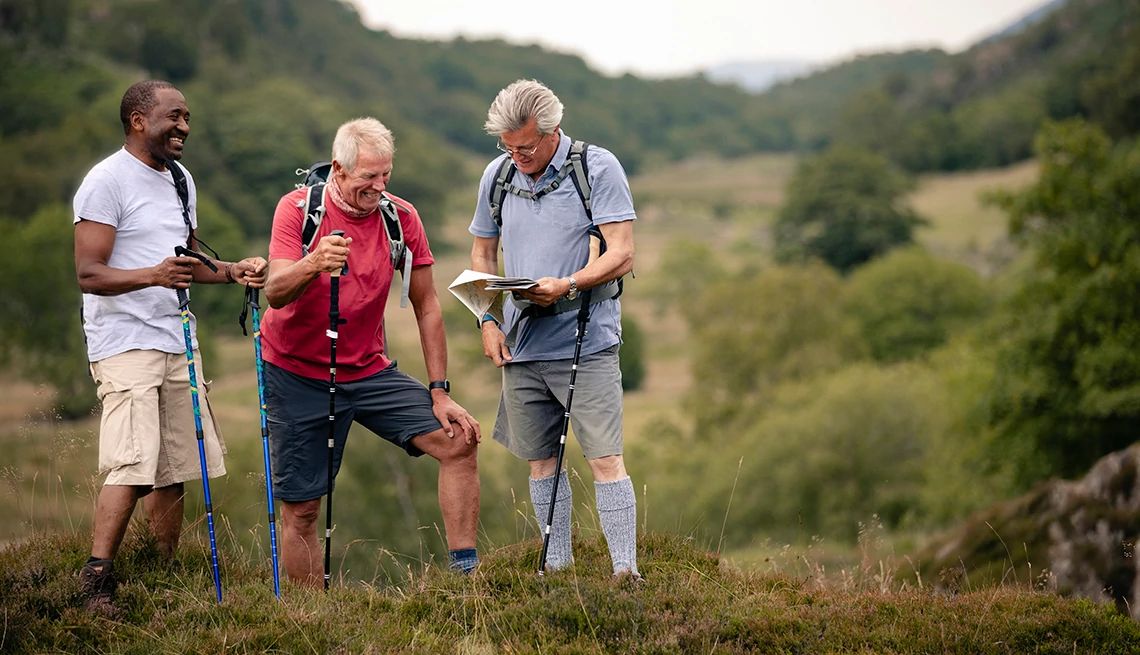Challenges


Hiking is a popular pastime for nature lovers. One way to take it up a notch and add some extra adventure is to go orienteering — a sport in which participants navigate around a pre-set course using nothing but a map and a compass.
As orienteering’s popularity blossoms, a small but growing number of studies suggest that exercising navigation skills may help improve memory and learning in people of all ages.
“Humans evolved to be very active people. They had to remember locations to hunt and gather and find food,” says Emma Waddington, a kinesiologist and research assistant at McMaster University in Hamilton, Canada. By combining exercise, time in nature, and focused thinking, orienteering may help our mind maintain and build neural connections in ways that other sports don’t, she says.
Those benefits appear to stack up for older adults. Ray Kitowski, a 72-year-old retiree from Ontario, first picked up the sport in his mid-40s after visiting a local orienteering club. “That first experience with a map in my hand and I was hooked,” he recalls.
Today, he says that orienteering helps him stay grounded when solving big problems, like temporarily getting lost on a course he’s exploring.
“When you’re on an orienteering course, you’re constantly thinking, constantly using your brain,” he says. “I’d be surprised if it didn’t have a benefit.”
Meanwhile, Ian Shields, 74, a member of a Raleigh, N.C., orienteering club, agrees that the sport “keeps your brain working.”
“I’m certainly benefiting from it, because I actually get out and do something,” he told Time magazine, explaining that although he’s lost some of his vision since first taking up the activity a decade ago, he simply uses a larger map.
Indeed, in a recent randomized controlled trial in Brazil, 90 people ages 60 and over joined either a hiking or orienteering group, or served as controls for 24 weeks. Participants were then asked to do a series of cognitive tests, such as counting backwards and answering test questions. People who orienteered outperformed both the hiking group and those who didn’t participate in either activity, as reported in 2024 in Archives of Gerontology and Geriatrics.













More From Staying Sharp
Write a Better To-Do List
This simple tool can help you feel calm and productive
Play Your Way to Better Brain Health
Learn how play can keep your brain strong and healthy as you age
Try Flower Arranging to Keep Your Brain Active
Creating a beautiful bouquet can do more than tickle your senses